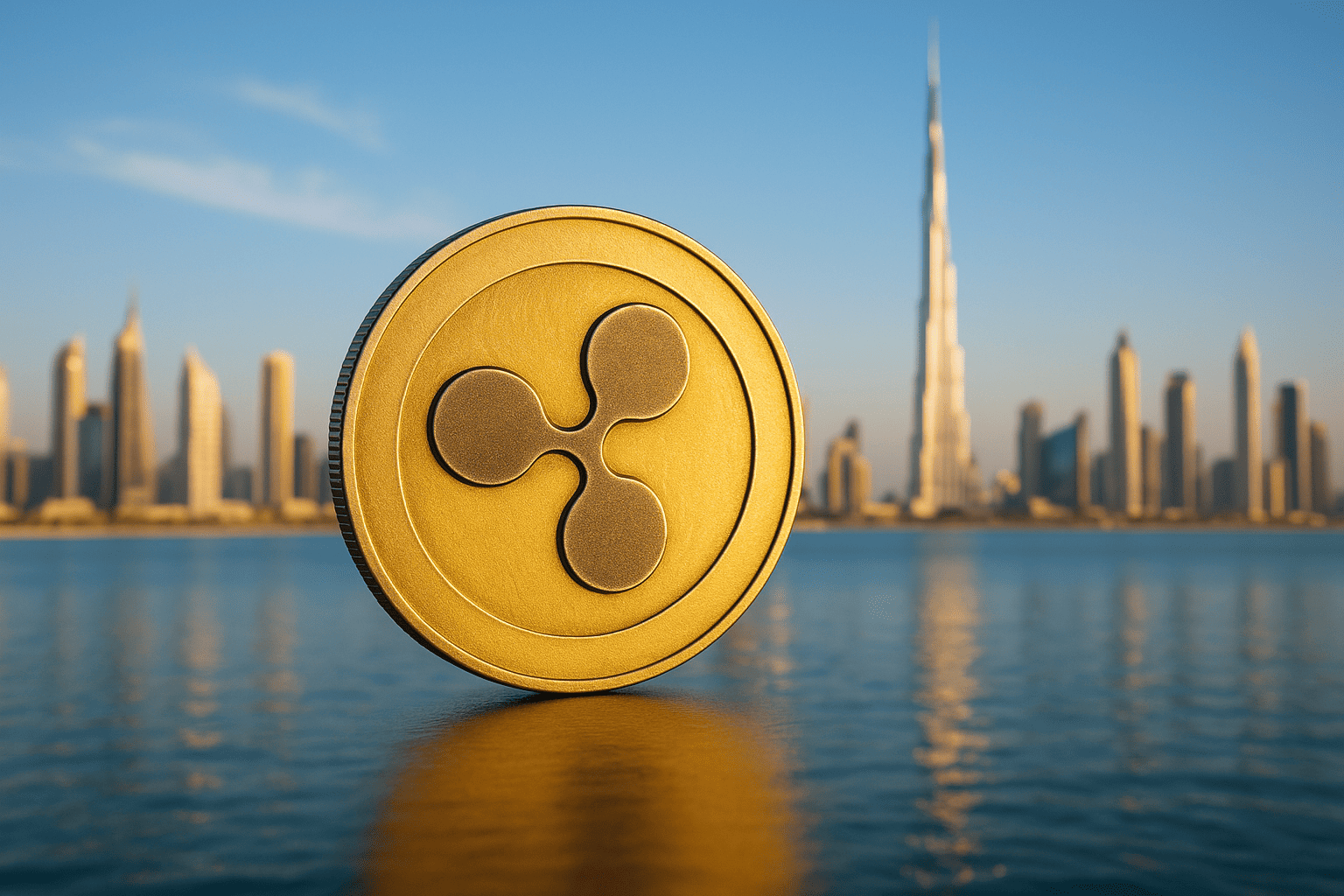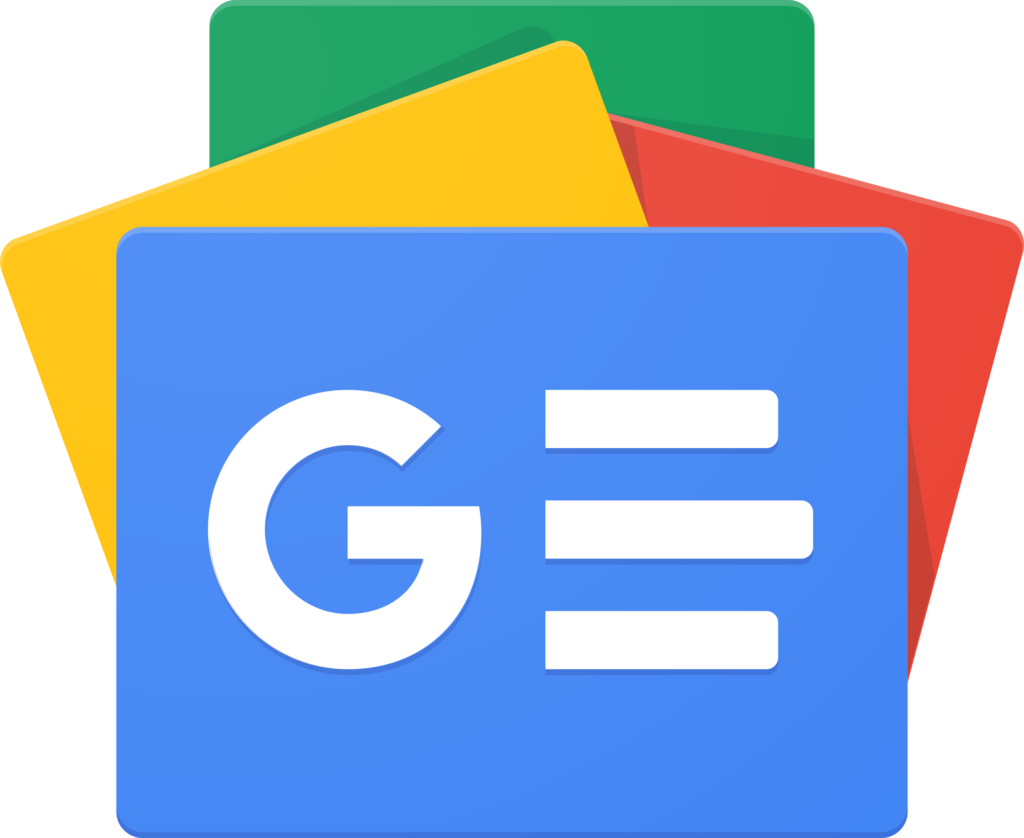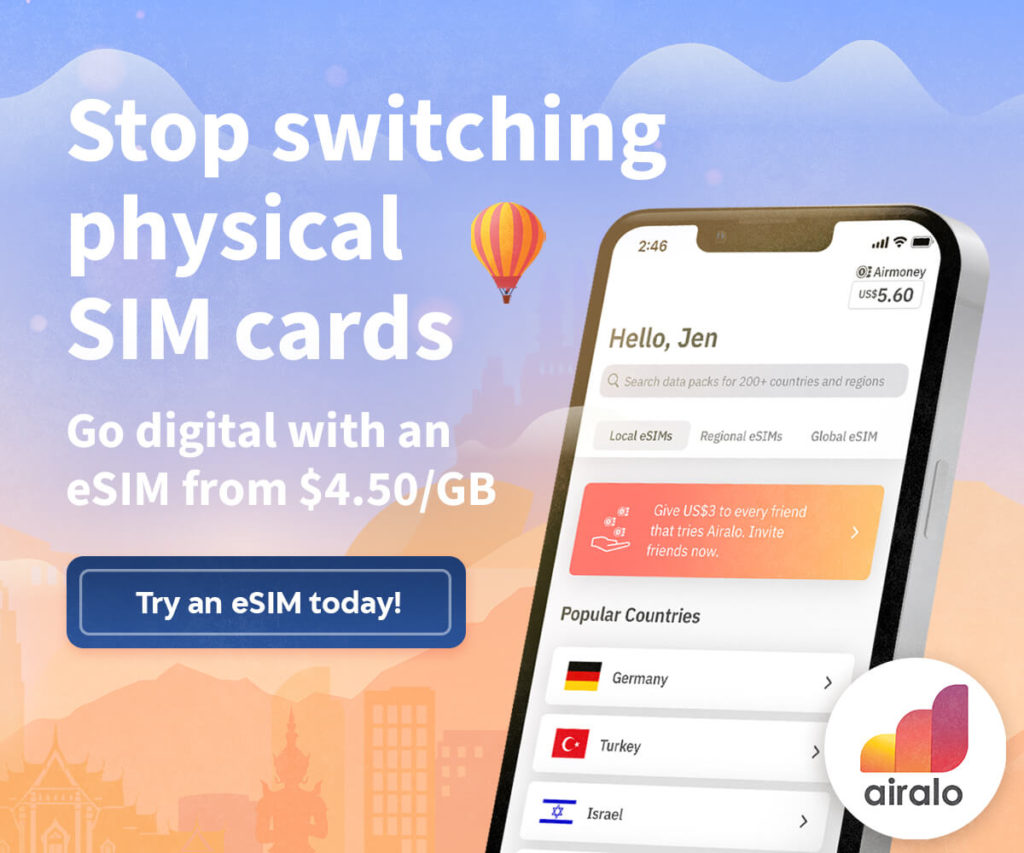Ripple has announced that two institutions are now using Ripple payments, allowing for faster transactions. But before we get into the partnership and its impact, let’s understand how blockchain works and provide real-world examples.
Understanding Ripple: A Simple Guide to Blockchain-Powered Payments
Ripple is a financial technology platform that uses blockchain technology to enable fast, low-cost international money transfers.
Unlike traditional banking systems, which can take days and involve high transaction fees and multiple intermediaries, Ripple offers an almost instant way to move money across borders.
How does it work?
Ripple’s technology operates on a decentralized blockchain network. When a user initiates a payment, the Ripple system finds the fastest and most efficient path to transfer the funds using its network of partner institutions (banks, payment companies) and digital assets.
Real-World Example:
Imagine you’re in Kenya and want to buy an apartment in Dubai.
Normally, you would go to your local bank in Kenya and initiate a transfer to the seller’s account.
Instead of doing that, waiting for days and paying high fees, you could use a financial institution like a bank or payment service provider that has integrated the Ripple system to send the money to the seller in Dubai.
The seller will then receive the funds through their bank or PSP that has also integrated the Ripple system, in their local currency AED (Dirhams), within minutes.
Related: How Buying Property in Dubai through Ripple (Blockchain technology) works
For businesses, say a Kenyan tech firm wants to pay a Dubai-based service provider. With Ripple, the transaction settles in real-time, the amount is received in local currency, and there is full visibility of the process.
As a digital nomad working in Dubai, having such an option to receive payment for your service or product is a game-changer. Remember, most digital nomads based in the UAE run digital businesses with clients spread out across the world.
Related: Should You Move to Dubai as a Digital Nomad? Expat & Digital Nomad Guide
Sometimes, payment can take a long time and can be expensive from the client’s perspective. With blockchain technology, one would receive their fees in minutes, faster than even same bank transactions.
However, this needs more institutions to incorporate this technology into their systems for a ripple (pun intended) effect to be felt.
Ripple’s Big Move: Expanding into the UAE
On May 19, 2025, Ripple announced two new major partnerships in the UAE.
Zand Bank and Mamo have joined the Ripple network to leverage Ripple Payments for faster cross-border transactions.
This expansion comes after Ripple became the first blockchain-powered payments provider licensed by the Dubai Financial Services Authority (DFSA).
With this license, Ripple can offer end-to-end payment services directly from the UAE.
Reece Merrick, Managing Director for Middle East and Africa at Ripple, noted:
“Securing our DFSA license enables Ripple to better serve the demand for solutions to the inefficiencies of traditional cross-border payments, such as high fees, long settlement times, and a lack of transparency. Our new partnerships with Zand Bank and Mamo are a testament to the momentum that the license has created for our business.”
What This Means for Dubai and the UAE
Dubai has already established itself as a global financial hub. By welcoming Ripple, it strengthens its position as a leader in financial innovation and blockchain adoption.
Key Impacts:
- Boosting UAE’s digital economy: With over a million businesses projected to call Dubai their base by 2030, Ripple’s technology is set to simplify international transactions.
- Inspiring global trends: As Dubai embraces blockchain at this scale, other financial hubs such as London and New York may follow suit to stay competitive.
- Better financial services: Businesses and consumers can enjoy faster, more reliable, and transparent money transfers.
Imad Gharazeddine, CEO and co-founder of Mamo, emphasized this shift:
“The UAE is on an incredible growth path, with over a million businesses expected to call it home by 2030. Our partnership with Ripple is a big step forward. It allows us to offer faster, more reliable cross-border payments for both businesses and consumers.”
Blockchain in Action: The Zand Bank Vision
Zand Bank is not just joining Ripple for faster payments. They’re integrating blockchain into broader banking services. According to Chirag Sampat, Head of Treasury and Markets:
“Our collaboration with Ripple highlights our commitment to empowering global payment solutions through blockchain technology. We are excited to soon launch an AED-backed stablecoin, designed to further enhance seamless and efficient transactions.”
Why Blockchain for Payments?
Benefits of Ripple Payments:
- Speed: Transactions settle within minutes, not days.
- Transparency: Users can track payments in real time.
- Cost-Effective: There will be lower fees compared to SWIFT and other traditional systems.
- Global Reach: Ripple serves over 90 countries and supports 90% of daily FX markets.
Potential Downsides:
- Regulatory Uncertainty: Blockchain technology is still navigating legal frameworks in most regions.
- Adoption Curve: Users and institutions need to be educated and trained on how to use a new system.
- Volatility: Though Ripple uses stable systems, the crypto ecosystem can be unpredictable in an industry where predictability is key.
A Glimpse into the Future
Ripple’s entry into Dubai marks a major milestone in the evolution of global finance. With over $70 billion in volume processed and 60+ regulatory licenses globally, Ripple is no longer a fringe innovation — it’s reshaping how money moves across the world.
As more financial institutions adopt Ripple and other blockchain-based systems, we may soon see a world where cross-border payments are as seamless as sending a WhatsApp message.





